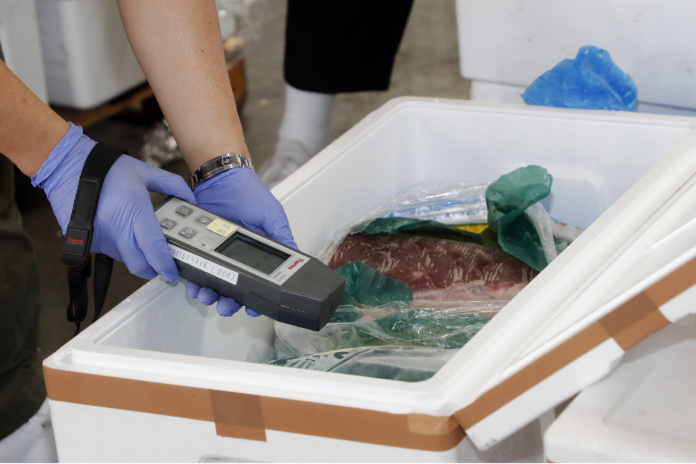The local security apparatus of Macau had a major challenge this week, as it fiercely cracked down on the possible entry of radioactive Japanese fish and seafood.
On Thursday, Japan began releasing more than a million tons of water from the infamous Fukushima plant north of Tokyo, insisting it is safe to do so. The plant was wrecked in a 2011 tsunami and the water has mostly been used to cool damaged reactors.
The International Atomic Energy Agency is an intergovernmental organization present to monitor and assess that all relevant international safety standards were applied.
The UN agency also issued a report last month stating Japan’s approach and activities to discharge the treated water were “consistent with relevant international safety standards”.
It is understandable Japan’s neighbors will be wary of the weather discharge and the tactless way Japanese authorities have dealt with it. However, as has been the case in recent years, health decisions often get muddled with political decisions.
Macau municipal and executive authorities were quick to ban all types of live and fresh food products, sea salt, seaweed, fruits, aquatic products and their derivatives, eggs, meat, and meat products from 10 prefectures and regions of Japan.
As if the ban was not sufficient, a big show was made of how much testing for radiation has been conducted on produce coming from Japan, a flashback from the fruit and food testing craze of past pandemic days.
Local food suppliers, the ones bearing the brunt of this sudden ban, were quick to warn the measure could lead to an increase in expenses for the sector, with the consumer possibly bearing the final price jump.
The Japanese food and beverage sector is also suffering from the general fear caused by the ban, with some consumers now avoiding any kind of nipponic products.
Further confusion was generated as panic buying emptied local supermarket shelves of slat, due to concerns that the Fukushima release would pollute the ocean and affect a source of salt.
Local authorities had to ensure the public that salt supplies in the city were sufficient and that most salt available in the country did not even originate from the same water supply.
A question now beckons as this new policy was announced. Considering that Japanese authorities plan to release the power plant water for the next 30 years, do local authorities plan to sustain the ban for the same amount of time?
Will a travel advisory be issued for locals planning to travel to Japan? Will the ban be further expanded to non-food products? What is the long game for this tussle?
Until then, we better get used to innovative sashimi alternatives.
[MNA contributing editor]




















